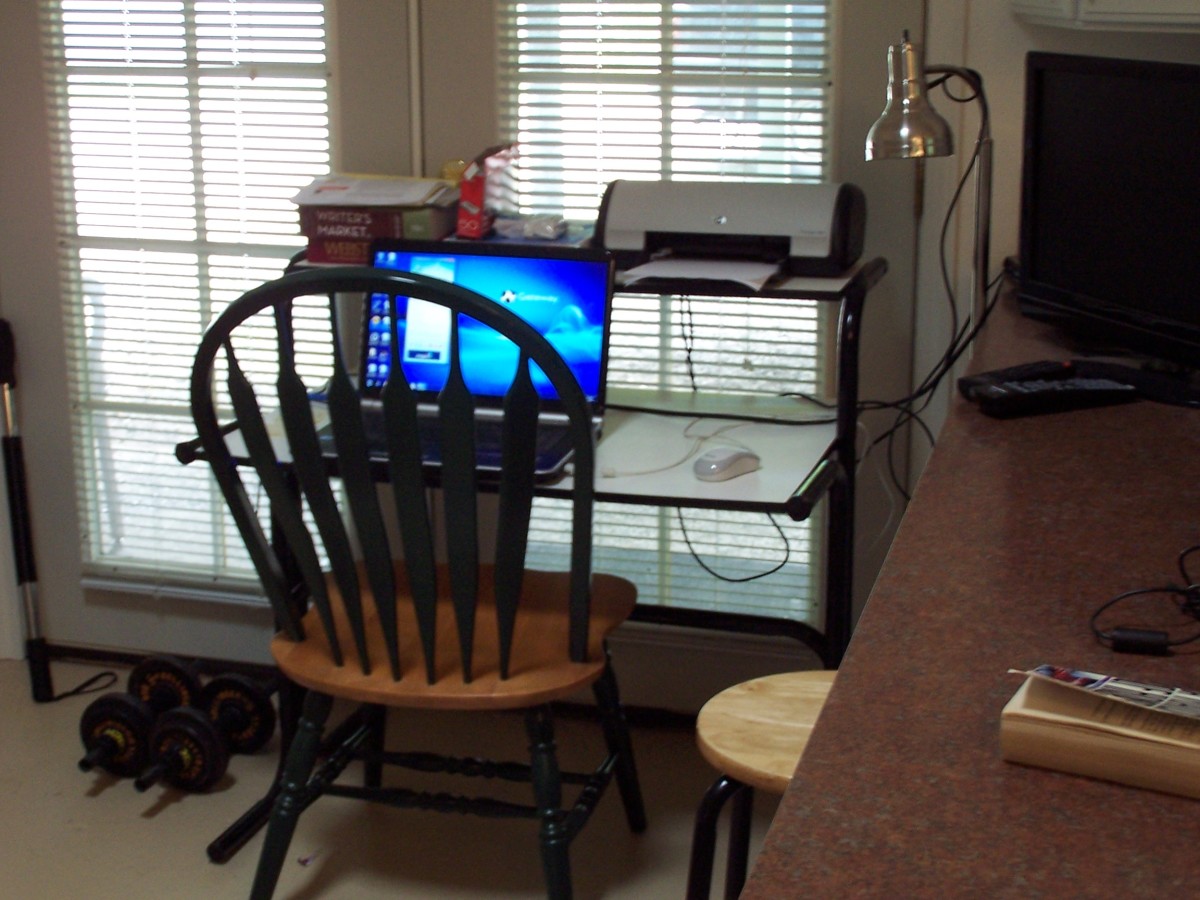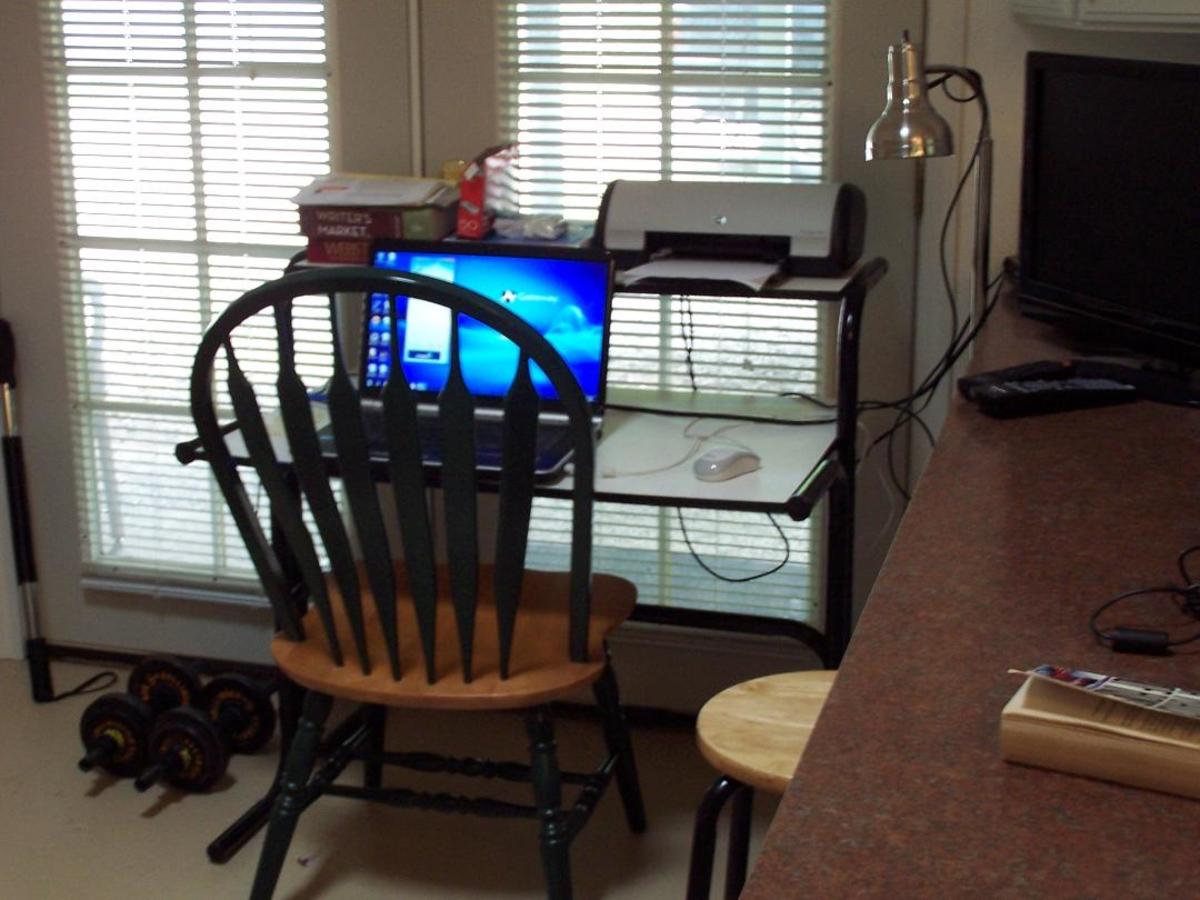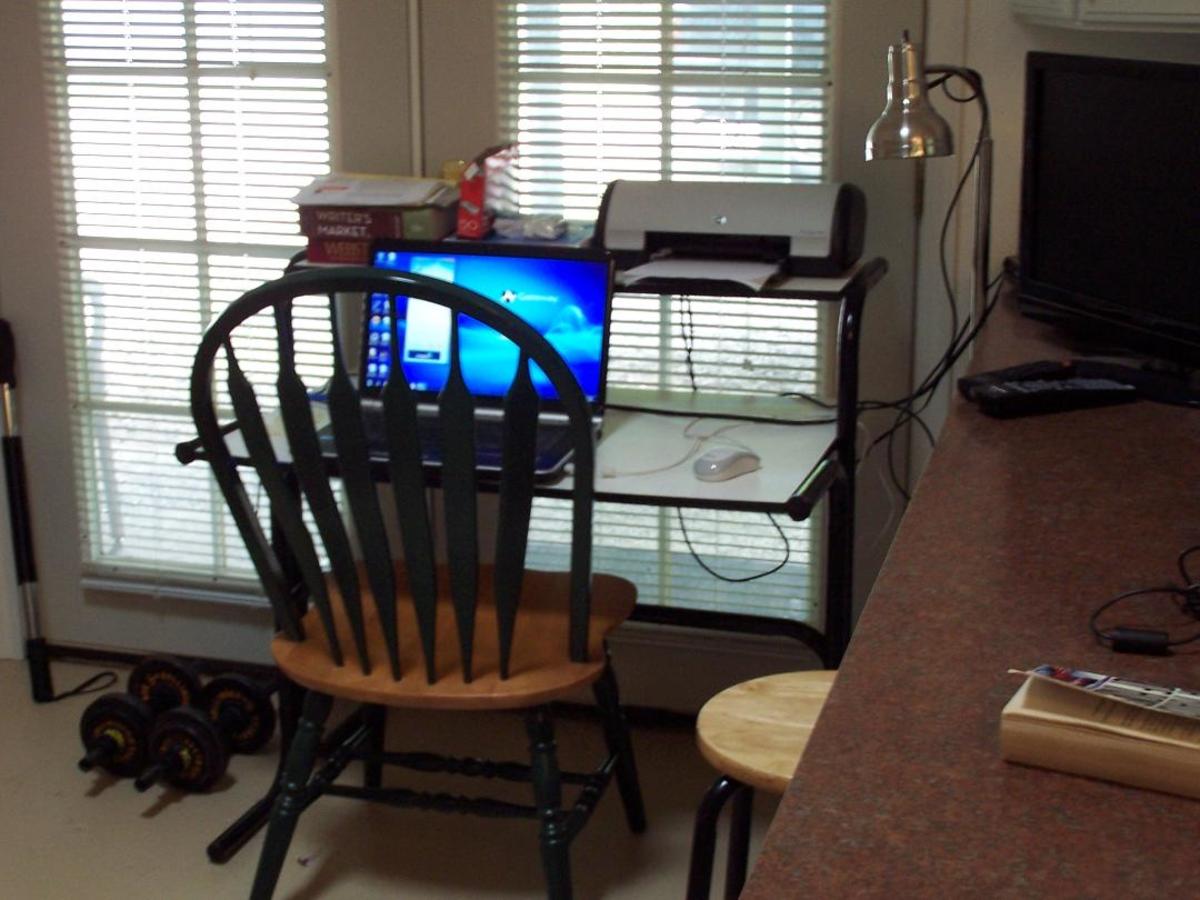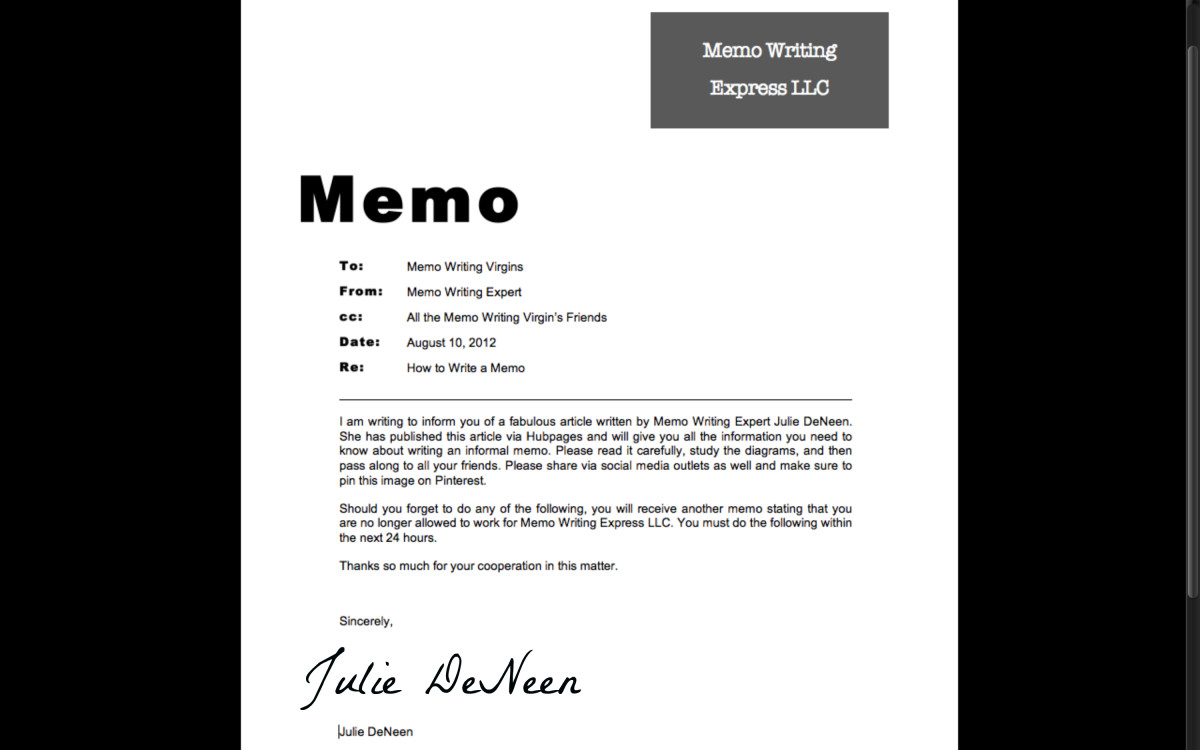The Writer's Mailbag: Installment Ninety-Five
Howdy Folks, from Olympia, Washington
Another week, another Mailbag, and all is right in my world.
I was going to write “all is right in the world” but that might be pushing the positive attitude a bit, don’t you think?
This will be a light Mailbag this week. No biggie, we’ll handle the questions we have and then let you all go do something much more important. For those wondering, I am getting closer to my first podcast of the Mailbag. If I had to put a date on it, I’d say the first week of June. I’ll let you all know for sure when I know.
And now, the Mailbag!
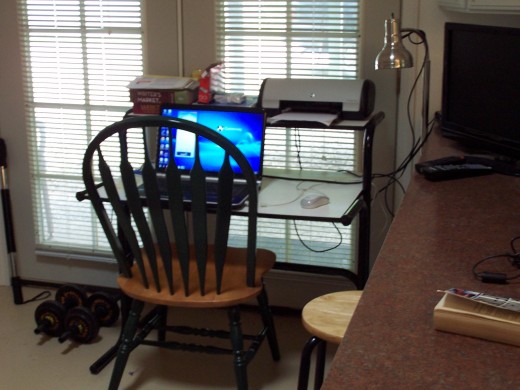
Finding Continuity
From Eric: “Do you write these installments all in one sitting? Which goes to the real question. On articles like here at HP do you try to write the whole thing in one sitting or do you write and come back to it and write some more? I am really getting at the concept of keeping continuity.”
It’s an interesting question, Eric, and I suspect if you asked ten people that same question you might get five or six different answers.
For this series, I write one complete installment in one sitting. I, in fact, do that in all my writing, because I have a very structured and organized mind and that approach just makes it easier for me.
As an example, in my “Billy the Kid” series, I right an entire chapter in one sitting. Once I’ve established the flow and rhythm it is very hard for me to walk away for awhile and then return and have the flow again. I do the same for all my writing….all customer writing at one time, one story at a time, one Mailbag at a time. The writing is so different and it requires me to change gears so drastically that I find this is the only way for me to approach it. Same when writing books. I will only work on one book in a given day. I can’t switch gears and work on two different books in the same day.
Did I answer your question? I hope so.
I know people who will work on one short story for an hour, then work on another for an hour, and then work on a novel for an hour, and it works for them, but it doesn’t work for me at all.
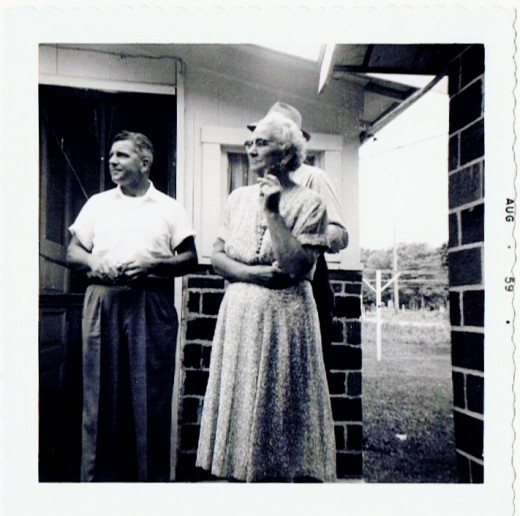
Finding the Voice
From Brenda: “I’ve been reading your ‘When the Corn Died’ series and I marvel at your ability to capture the sound of people back then in your dialogues. I remember talking to my grandmother, who was a teen during the Great Depression, and she spoke just like your characters do. How do you do that? Then you jump to your ‘Billy the Kid’ series and write like some guy who grew up on the streets. I just don’t understand how you do that so well.”
Well, Brenda, first of all, thank you very much. This comment is music to this old writer’s ears.
How do I do it? I’m an observer. I was the wallflower at school dances, leaning against the gymnasium wall, watching everyone else dance and have fun. Put me in a crowded room and I’ll pull up a chair and just watch the crowd. I do the same thing when I’m downtown or walking through a grocery store. I observe and I absorb it all.
I’ve known street rats like Billy the Kid. I’ve known people who grew up during the Depression. I’ve talked to Vietnam combat vets, and I’ve heard the stories and accounts and I remember them…and I suspect that most writers do the same.
Can you teach someone to do that? I believe you can. We are all malleable if we are pointed in the right direction and the process is explained to us. You can do the same thing. Train yourself to observe. Take a recording device to a coffee shop and record conversations. Go interview someone….tell them it’s a technique that will help you to become a better writer. Get yourself accustomed to listening, really seeing and absorbing what you see and hear.
And then take it a step further and ask yourself what it feels like to be in a certain situation, or what it feels like to be a certain person. You just might gain wonderful insight for your next story.

Metaphors and Similes
From Bob: “What’s the secret to a good simile or metaphor? I’ve read mediocre writers and I’ve read exceptional writers, and it seems to me that the use of similes and metaphors is very important and yet one is in danger of sounding like a cliché if they don’t know what they are doing.”
I agree with your last statement, Bob. Here’s my opinion on similes and metaphors.
“The sky turned black as night as the storm approached.” Can you say boring? This is such an overused cliché/simile that I want to barf every single time I see it in a story or novel, and it takes such very little effort to make it better…..”the sky turned as black as an ex-lover’s heart as lightning split the sky and thunderheads rose with a vengeance.”
Do you see the difference? Isn’t the second option much better?
My job as a writer, when writing fiction, is to make the novel or short story come alive….I need to paint a picture so that my readers actually feel like they are in the scene. Yes, saying something is “black as night” paints a picture, but it’s not a visceral reaction as much as it is an intellectual reaction, and I want visceral.
My father was a tough task-master and I’m a better man because of it. Don’t get me wrong, when I was a kid I hated his expectation of excellence, even when doing mundane tasks like mowing the lawn, but I grew up an adult who now expects excellence of myself in my craft, and that is a priceless gift he gave me.
Give yourself the same gift and quit settling for mediocre.
FREELANCING
From James: “I’m just starting out as a freelance writer. I’ve gone on a few sites where jobs are offered and I’m a bit surprised at the low rate of pay. Is this common for freelance writing jobs, writing 600 words for ten bucks? If it is I’m liable to go broke sooner rather than later.”
James, I’m a bit outspoken about freelance writing and the corresponding pay. Content mills are ridiculous and should be avoided….but, there are writers who need money badly, and writing ten articles for a mill at ten bucks per article is one-hundred dollars they need…..so what to do?
I personally view writing as a craft and it should be paid accordingly. I won’t write for that kind of “content mill” money, but I’m in a position where I don’t have to and I realize some writers need that money badly….so there you go.
There are better paying gigs but you have to hunt for them. That’s why I always caution people who think they want to freelance for a living….you have to establish yourself, you have to establish your business and you have to market your business….otherwise you’ll always be working for peanuts.
More Next Week
Another great Mailbag thanks to a bevy of great questions. Thanks to those who asked and thanks to those who followed along. I’ll see you all again next week.
2016 William D. Holland (aka billybuc)
“Helping writers to spread their wings and fly.”

